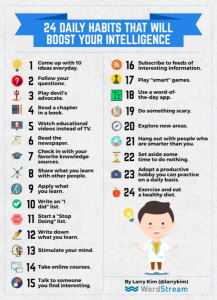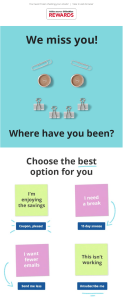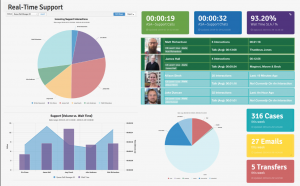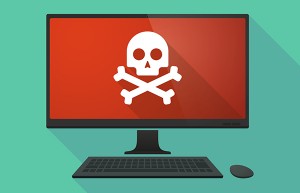By Aytekin Tank

A news headline I recently came across summed up one part of the pandemic’s toll on society: “US worker productivity fell at the fastest rate in nearly 75 years.”
This story demonstrated to me why, now more than ever, we’re barraged with stories offering “hacks” for greater productivity. “Wake up at 5 a.m.” “Watch inspiring content.” “Take a cold shower.”
Yet, clearly, as the above headline suggests, something is amiss and hacks alone aren’t quite cutting it.
As one colleague, Jane, confided to me over lunch, “Aytekin, I’m just bone tired.” Which made me wonder, can we be more productive when our energy sources are depleted? As leaders, is productivity in itself, what we should be promoting? Or is it greater well-being? Can we really separate one from the other?
It’s in asking these questions that have led me to further advocate for steady, consistent progress over hitting never-ending targets or pushing the bar ever higher. For me, productivity is a two-fold process—it requires us to look after ourselves in equal measure to the efforts we use toward our output. And it requires us as leaders to help drive this healthy mindset.
Skip relentless meetings and give your team flexibility
The great philosopher Plato once said: “All things will be produced in superior quantity and quality, and with greater ease, when each man works at a single occupation, in accordance with his natural gifts, and at the right moment, without meddling with anything else.”
Even in his era, Plato understood the nature of a person’s need for managing their own time.
It’s fair to say that employees have spent this ongoing crisis adapting to ever-changing circumstances, and one of the things they realized is this: they want greater flexibility. They want the option to choose their own hours. In fact, according to one global Pulse survey shared by Future Forum, 95% of knowledge workers want flexibility in when they work.
“People don’t want a full, nine-to-five day of meetings,” executive leader of the Future Forum, Brian Elliott, explained to Fortune.
My leadership style has always been about taking a moderate, balanced approach. I urge employees to work at their peak hours and my company doesn’t set hard deadlines. We value downtime and regular vacations just as much as using our time wisely, which includes refraining from unnecessary, time-consuming meetings.
Encourage a culture of support
Silencing notifications, setting up a technique of time blocking—all of these practices have been heralded as the productivity hacks of our time (I, myself, have promoted their use among my teams).
But one of the lesser-known ways of boosting productivity is one that leaders may initially see as counterintuitive: creating a positive sense of community.
Founders might think that too much connectivity will only distract, but I’ve personally witnessed the benefits of greater peer support.
People have been isolated, in lockdowns, afraid of going out for a quick run to the grocery store. If you’re leading a high pressure work environment, workers will start to disengage, and consequently stop being productive.
It’s community that buffers against many of these stressors and difficulties.
Harvard Business Review researchers, Emma Seppälä and Kim Cameron recognize that positive work cultures lead to greater productivity. Not only that, setting the tone for interpersonal kindness can work wonders—it makes for happier employees, boosting their commitment, their engagement, and performance.
I’m not suggesting setting up a bevy of team-building activities (let’s face it, they’ve become stale).
At my company we assign mentors to new hires and interns, we encourage cross-functional teams so that peer relationships are more easily fostered. I’ve found that when people feel supported, when they know they can count on their team, productivity goes through the roof.
But don’t take my word for it: “A positive workplace is more successful over time because it increases positive emotions and well-being,” the HBR researchers write. “This, in turn, improves people’s relationships with each other and amplifies their abilities and their creativity.”
Offering one invaluable commodity
No one likes being micromanaged. Can anyone truly be productive with a manager constantly hovering over them?
As leaders, we love to encourage ways for being more productive—but that also means we’re putting the onus on our workers without looking at ourselves.
I give my team a desirable end state, provide them with support and set them free—I’ve found it’s the true solution for a thriving environment.
American psychologists, Richard Ryan and Edward Deci, developed a theory that “one’s autonomous motivation for personal, psychological growth—is the foundational catalyst of human success and fulfillment.”
Autonomy, according to the researchers, was defined as “the desire to be the causal agent of one’s own life.” Ryan and Deci point out that “organizations that give employees the autonomy to choose their ideal way of working and support them with the right principles, training, and tools will result in a more flexible, more motivated, and higher performing workforce.”
For over two years now, our lives have been upended—plagued by uncertainty and a sense of impotence. It’s freedom that we all long for, now more than ever. And it’s the kind of principle that can’t be replicated by any productivity hack.
Fast Company , Read Full Story
(54)
Report Post






